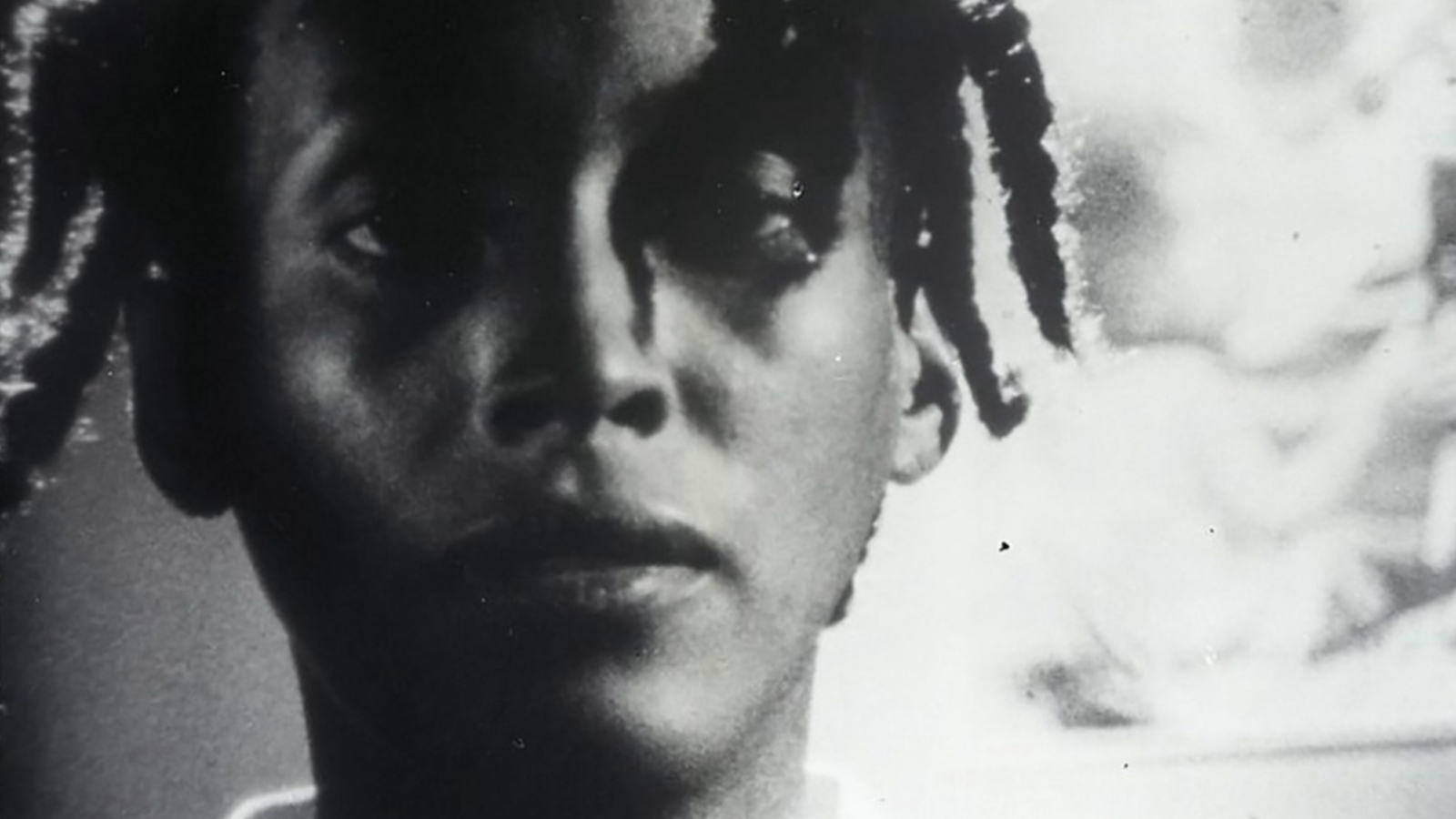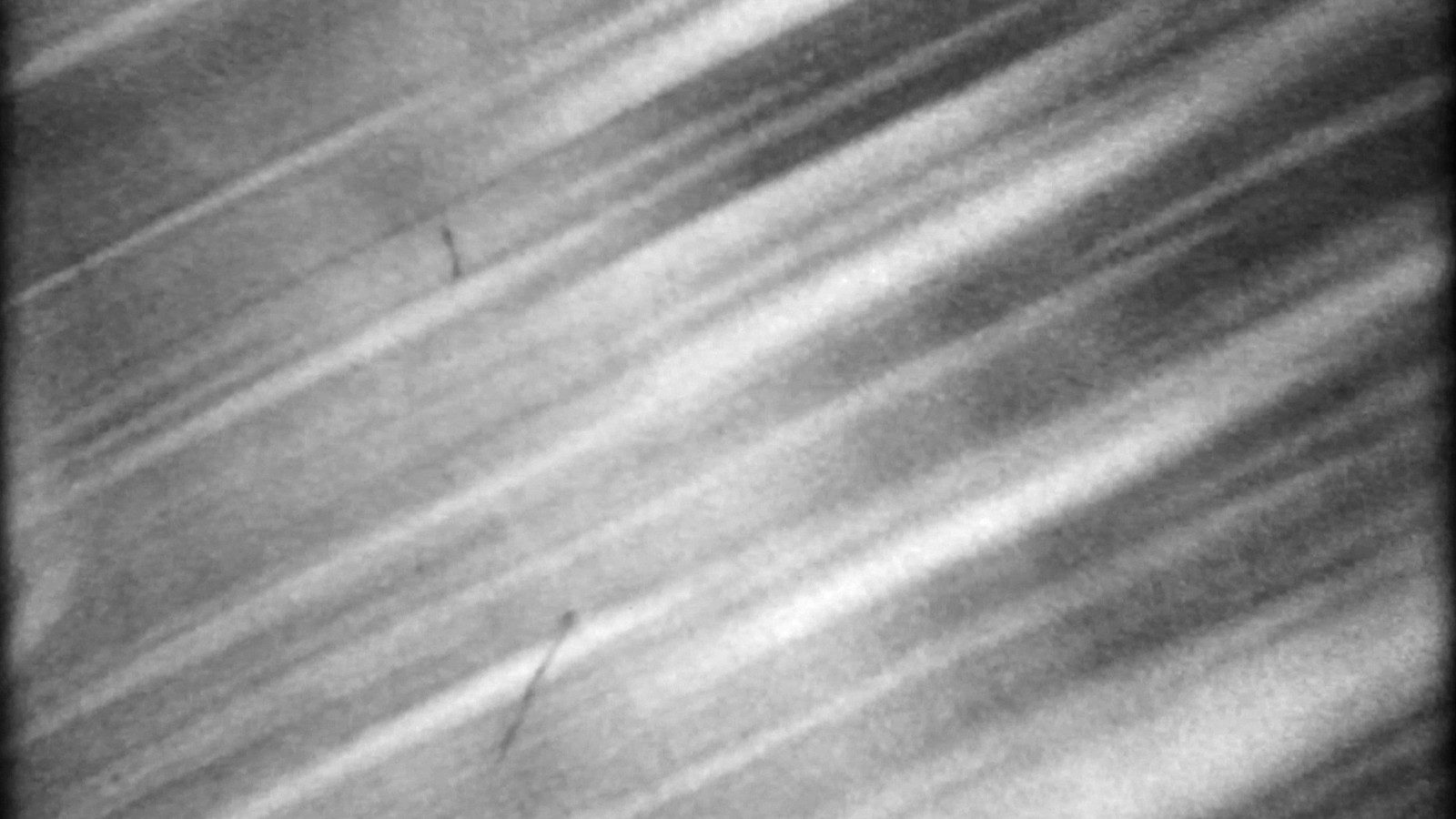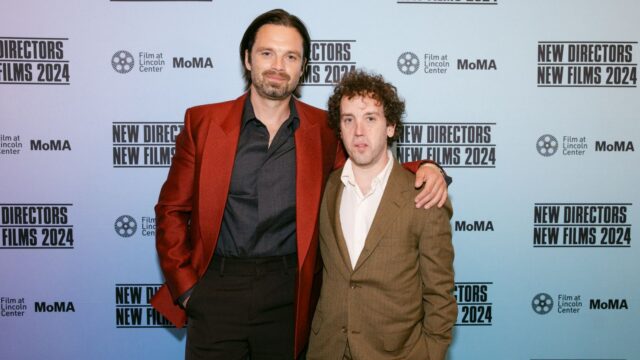Bush Mama + Manhattan One Two Three Four
Bush Mama, by Ethiopian-born director Haile Gerima, stands as a signal achievement of the L.A. Rebellion, the renaissance of African-American independent cinema that developed around UCLA in the 1970s. The film tracks the experiences of Dorothy (Barbara O. Jones), a black mother living in Watts, as she grapples with the imprisonment of her Vietnam vet husband and navigates the bureaucratic tangles of public assistance. Her world is rendered with an unflinching neorealist lens, but these scenes are also teamed with formally experimental dispatches from Dorothy’s turbulent inner life. She finds herself in overwhelming circumstances, yet talk of liberation buzzes all around her, a response to relentless police violence and capitalist exploitation. Bush Mama, through its fractured, captivating drama of political awakening, shows us Los Angeles as Hollywood never had. Preceded by Tomonari Nishikawa’s hand-processed, in-camera-edited Manhattan One Two Three Four, a dizzying Super-8 exploration of the island’s architectural rhythms.
Bush Mama
Haile Gerima, USA, 1979, 16mm, 97m
Manhattan One Two Three Four
Tomonari Nishikawa, USA, 2004, Super-8, 3m








